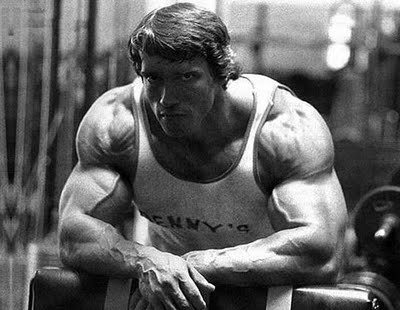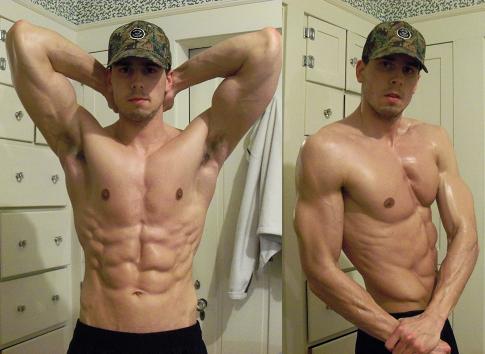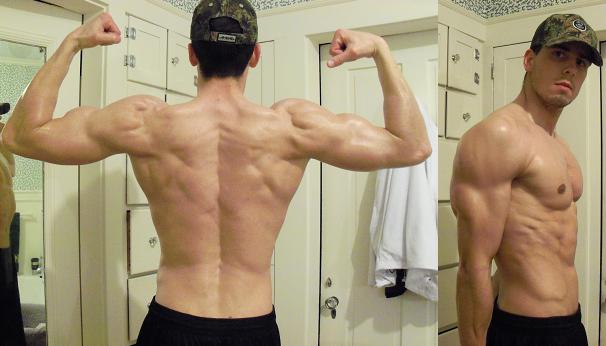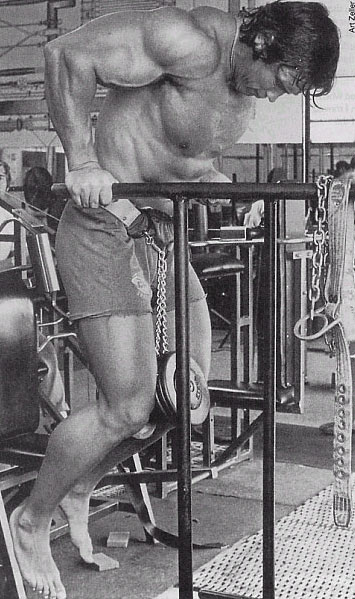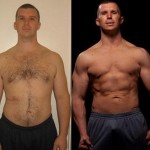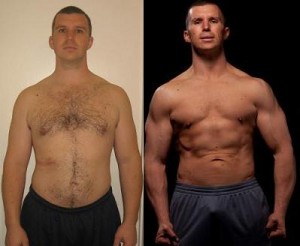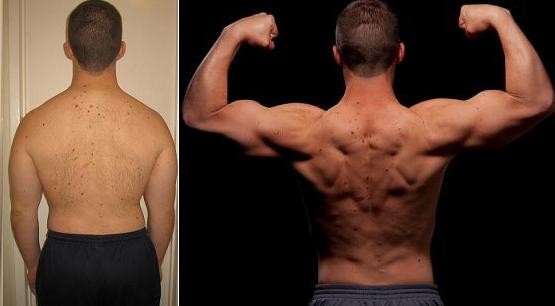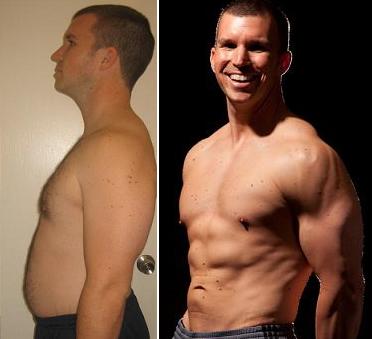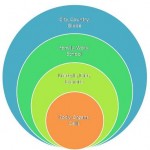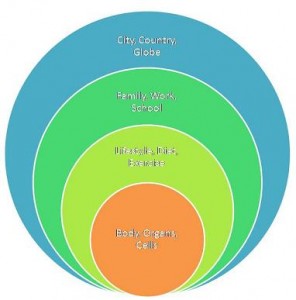The specific adaptations you get from your workouts is in part determined by the amount of rest you take from set to set, and the recovery you get from workout to workout.
The rest you take from set to set determines the type of conditioning and anatomical changes that happen within your body. Shorter rest has a different response than longer rest. Both are necessary for maximum muscular adaptation to training.
The process of recovering from workout to workout is dependent on multiple factors including systemic stress, the amount of food you’re eating and probably most important, the quality and quantity of sleep you’re getting.
From month to month you can become fatigued in a specific rep and rest range. A good workout program should change every 3-4 weeks to accommodate this workout specific fatigue.
Finally on a year to year basis you should be taking some time off to let your entire system relax and come down to a base level. Taking a week off of training 3-4 times per year is one of the best things you can do to allow for systemic recovery from the stress induced by your workouts.
John
Login and Download Podcast Here
For more information as well as how to get access to Adonis UNCENSORED, click the link below:
Adonis UNCENSORED Premium Podcast

